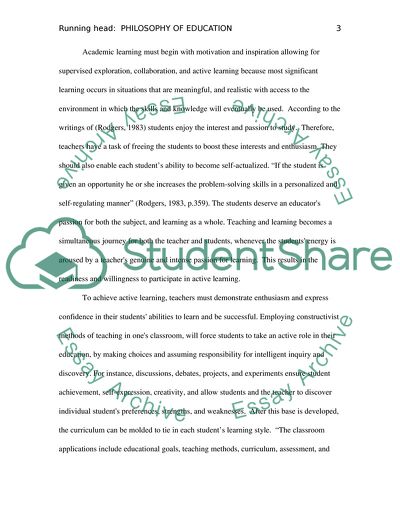Cite this document
(My Educational Philosophy Essay Example | Topics and Well Written Essays - 1500 words - 1, n.d.)
My Educational Philosophy Essay Example | Topics and Well Written Essays - 1500 words - 1. https://studentshare.org/education/1819001-educational-philosophy
My Educational Philosophy Essay Example | Topics and Well Written Essays - 1500 words - 1. https://studentshare.org/education/1819001-educational-philosophy
(My Educational Philosophy Essay Example | Topics and Well Written Essays - 1500 Words - 1)
My Educational Philosophy Essay Example | Topics and Well Written Essays - 1500 Words - 1. https://studentshare.org/education/1819001-educational-philosophy.
My Educational Philosophy Essay Example | Topics and Well Written Essays - 1500 Words - 1. https://studentshare.org/education/1819001-educational-philosophy.
“My Educational Philosophy Essay Example | Topics and Well Written Essays - 1500 Words - 1”. https://studentshare.org/education/1819001-educational-philosophy.


